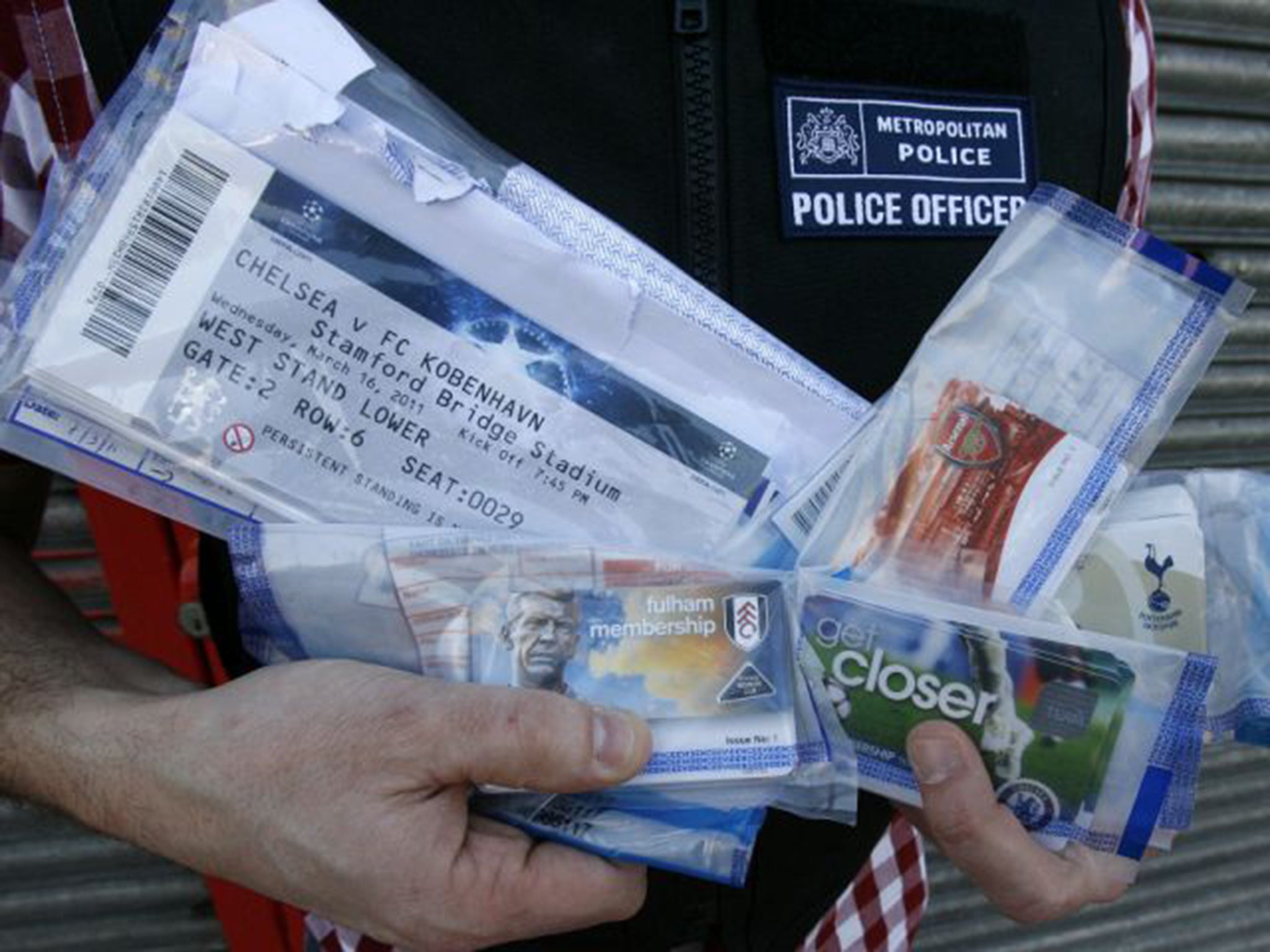Touting travesty: Government warns more needs to be done to protect our summer of fun
Official ticket sellers must do more to prevent touts on getting their hands on tickets to this summer's big events

From music festivals to sporting events, the British summer offers a broad range of opportunities to see your heroes and indulge your passions. But getting hold of tickets for shows and events is difficult – not least because of the vast numbers of them that are now bought up by touts that can operate on an industrial scale courtesy of modern technologies.
Sellers – particularly agencies such as Ticketmaster – need to do much more to prevent touts getting hold of tickets according to a Government review published last week. That reflects mounting concern about the way in which touts are able to use sophisticated software ‘bots’ to buy tickets en masse online, which they then resell at huge profits on secondary ticketing sites such as Viagogo, Seatwave, Stubhub and Getmein!.
The review also said these sites themselves needed closer monitoring in order to ensure they’re operating in line with consumer rights legislation. By law, ticket resellers must make sure buyers are given information such as the face value of the tickets on offer, seat numbers and locations, and details of any restrictions, such as age limits. But a recent investigation by the consumer group Which? found these rules are flouted on “numerous” occasions.
In the absence of a crackdown on touts and secondary sites, how do you avoid becoming a victim of exploitative practices if you’re desperate to secure a ticket to a particular event? The short answer is this may not always be possible – but there are a range of steps you can try before buying in a way that means there’s a good chance a tout is making a fat profit.
Start out by dealing with those ticketing platforms set up with high standards. One good option is to use Safeconcerts.com, a non-profit making organisation that provides links for people looking for specific tickets, but only to agencies it has vetted as trusted and honest. It deals with primary ticket agencies, rather than resellers, but in the latter camp, check out Twickets (see box below), which the touts can’t use to make a profit.
Another possibility is to harness the power of social media in your search for tickets for a particular event – Twitter, Facebook and the rest enable you to broadcast your request to a large audience and to connect with genuine ticket holders who may need to sell for one reason or another.
You should also be strategic about your ticket searches. For example, many artists, event organisers and sports clubs offer advance ticket deals to members of their fan clubs or supporters’ groups – if you want their tickets in the future, it’s worth joining up.
In addition, take the time to be a lobbyist. Many entertainers are already working to protect the interests of their fans – organisers of Adele’s 2016 tour, for example, went to huge lengths to cut out the touts – and it’s worth pressing your favourites to follow their lead. Similarly, don’t be afraid to report sellers to Trading Standards where they’re breaking the rules in the way that Which? describes.
In the end, however, you will sometimes need to make a decision – do you want to go to something badly enough that you’re prepared to pay through the nose for tickets and feather the nest of a tout in the process? Consumers certainly do need more protection from unscrupulous exploiters of the system, but in the meantime, you have the option of not participating too.
What if you're selling
There will always be times when you discover you can’t use tickets for an event – the good news is there are a number of ways to avoid being out of pocket without enriching the big secondary ticketing platforms if you don’t like the industry.
First, check whether the event in question has a resale policy – many promoters will take back your tickets, guaranteeing a refund as long as they are able to resell them. If the event is already sold out, or looks likely to be, that’s a good option.
Alternatively, you could opt to sell your tickets via the online classified ads – on a service such as Gumtree, for example. You’ll be free to set the price you charge without feeling that you’re tacitly supporting a platform you feel is exploitative.
It’s also worth considering Twickets. It’s fan-to-fan ticket exchange launched in 2011 that operates on the basis that tickets have to be sold at face value or less (though you can add up to 15 per cent to cover costs such as booking fees and postal charges). This means it attracts sellers who have genuinely bought tickets they can’t use and now need to sell them, rather than opportunists looking to make a fast buck.
Subscribe to Independent Premium to bookmark this article
Want to bookmark your favourite articles and stories to read or reference later? Start your Independent Premium subscription today.

Join our commenting forum
Join thought-provoking conversations, follow other Independent readers and see their replies